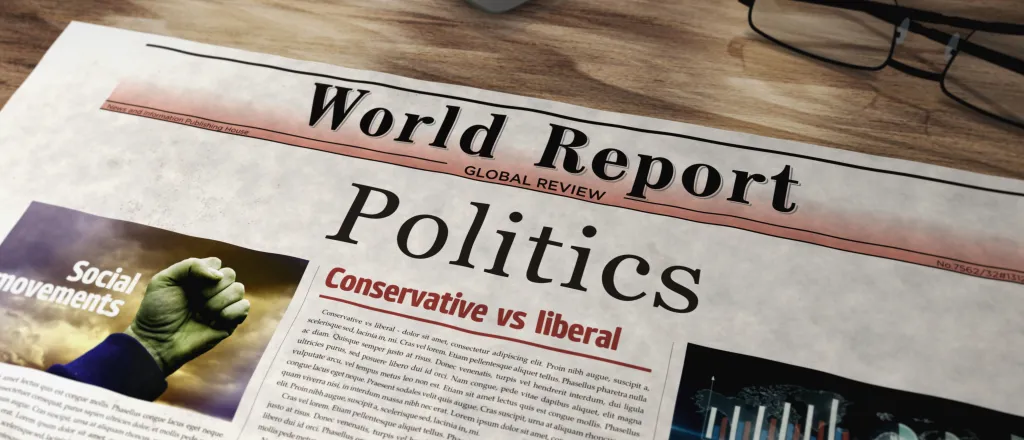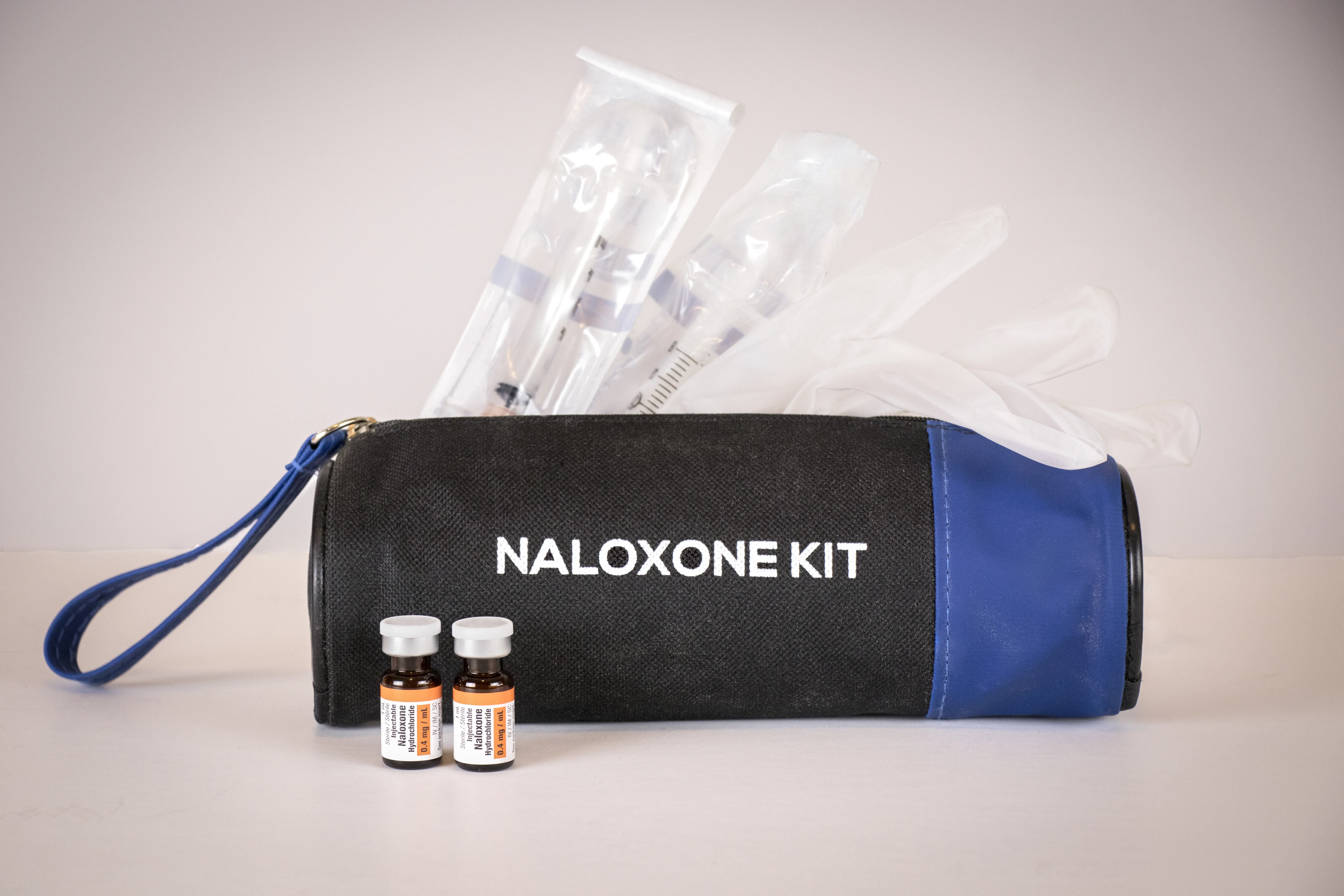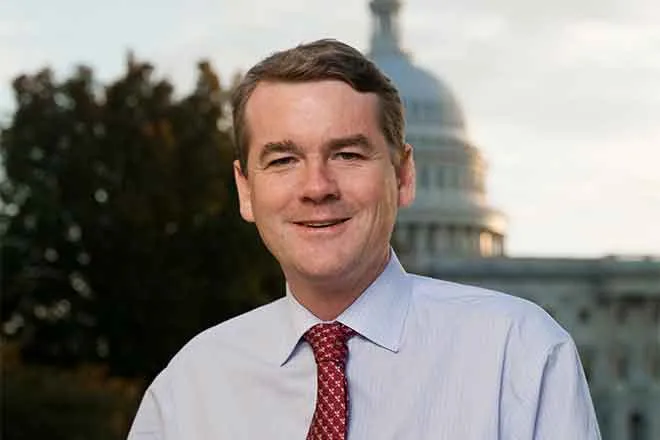
Politics: 2025Talks - April 3, 2025
© Arkadiusz Warguła - iStock-1890683226
Politics and views in the United States.
President Donald Trump announces worldwide tariffs. Democrats decry 'Liberation Day' as the economy adjusts to the news. And some Republicans break from Trump's trade stance.
TRANSCRIPT
Welcome to 2025 Talks, where we're following our democracy in historic times.
This is one of the most important days, in my opinion, in American history.
It's our declaration of economic independence.
President Donald Trump is imposing new tariffs on most of the world.
Speaking from the White House Rose Garden, he announced a 10 percent baseline levy on all imports, taking effect Saturday with higher rates for nations the administration calls bad actors.
China will face a 34 percent tariff, Japan will see 24 percent, and the European Union will face 20 percent.
Stock futures across the board dropped after the announcement, and many of America's largest trading partners are promising retaliation.
Trump has long been threatening what he has described as reciprocal levies on every trading partner, and during the announcement said the system of post-World War II global commerce led America to be looted, pillaged, raped, and plundered.
He had already imposed 25 percent tariffs on imported cars, tariffs against Canada and Mexico, and steep levies on steel and aluminum.
Most economists are pessimistic about a trade war, citing higher prices and job losses.
Studies show if the tariffs are active for more than three months, the U.S. won't see any economic growth in 2025.
Though President Trump is calling it Liberation Day, House Minority Leader Hakeem Jeffries is calling it Recession Day.
Costs aren't going down in America, they're going up.
And the Trump tariffs are going to make things more costly in the United States of America.
Trump has justified his policy as rebuilding American manufacturing, but Jeffries argues that was already happening under President Joe Biden's more targeted trade and industrial policy, which included subsidies for clean energy and high tech.
The president has brought authority to declare an emergency and impose tariffs under a 1977 law, but a measure sponsored by Senate Democrats would nullify the emergency Trump used to permit the Canadian tariffs.
Four Republicans broke ranks to support all 47 of the chamber's Democratic members and passed the legislation.
Maine Republican Susan Collins backed the bill, saying her state's economy is intertwined with Canada.
"Maine's paper mills, forest products businesses, agricultural producers and lobstermen, the tariffs on Canada would be detrimental to many Maine families and our local economies."
Trump's Canadian emergency trade declaration accused the country of letting huge amounts of fentanyl cross the northern border, but Collins points out around one-tenth of a percent of fentanyl comes in over the northern border.
And federal data consistently shows native-born Americans bring in the majority of the drug through legal ports of entry.
Farm groups say agriculture could be an early casualty of a trade war.
A U.S. Department of Agriculture study found retaliatory tariffs from Trump's first term led to more than $27 billion in lost exports over two years.
Columbia County, New York, Board of Supervisors member Michael Shemita says cuts at USDA are already making this a chaotic time for farmers.
"It becomes much harder for them to predict what the next three months are going to be like, six months, nine months.
So if you take their role around looking at what are the available loans, your available grant programs, all of that is sort of up in the air.
And then you add in a really chaotic approach to how tariffs could function."
I'm Edwin J. Vieira for Pacifica Network and Public News Service.
Find our trust indicators at publicnewsservice.org.

















